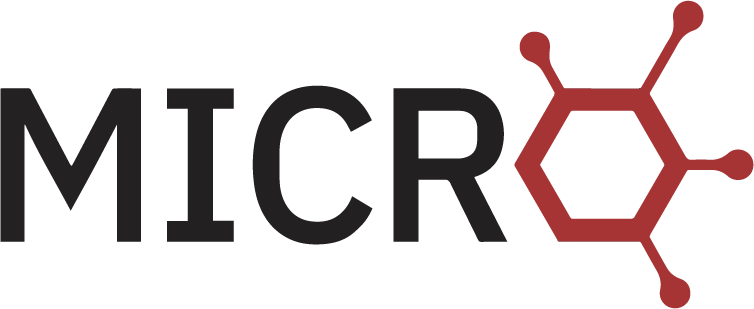About MICRO
MICRO participants are paired with a lab in either MIT or Northwestern’s Department of Materials Science and Engineering and conduct research online under the direct supervision of a researcher (most frequently a graduate student, postdoc, or research scientist). Additionally, participants are introduced to the fundamentals of the MSE discipline through online lectures and discussions. Participants are awarded a ~$3000 stipend per semester as compensation for their time and research.
MICRO—the Materials Initiative for Comprehensive Research Opportunity—is an online research and education program for undergraduates who aspire to attend graduate school and pursue a research career in STEM, and who are interested in exploring Materials Science and Engineering (MSE) as a potential field of study. The program is designed for students whose home institutions do not offer an MSE major, and it aims to increase participation in research and education in MSE. The program centers on a combination of online courses and online research experiences that aim to help participants:
— Acquire key MSE knowledge that will allow them to effectively participate in a research project,
— Contribute meaningfully to a research project in a specific MSE discipline and
— Develop key research skills such as critical thinking and writing, and scientific discussion through engagement with an inclusive online community.
What do you do?
MICRO focuses on providing a meaningful and enjoyable learning experience for undergraduate participants who have a strong interest in research in materials science and related disciplines. As an online program in which students can participate year-round, MICRO complements short-term summer research experiences, such as on-campus REU programs. The long-term engagement model can have a tremendous impact on career trajectories, as illustrated by MICRO key outcomes below.
-
The objective of MICRO is to foster enthusiasm for materials science and engineering among undergraduate students who may not have access to materials science curriculum and research experience otherwise. It also aims to cultivate transferable research skills relevant to graduate school and a career in STEM.
-
MICRO’s goal is achieved by (1) maintaining a network of mentors and fostering a sense of community between MICRO participants, and (2) cultivating technical knowledge and professional skills essential to research in materials science and STEM. It combines online lectures, participation in a research project, and workshops focused on professional skill development.
-
Since its inception, 13 students have participated in MICRO for ≥1 year; most participate across multiple academic years. The program has engaged eleven research laboratories across MIT and NU, both two top-tier institutions in MSE.
